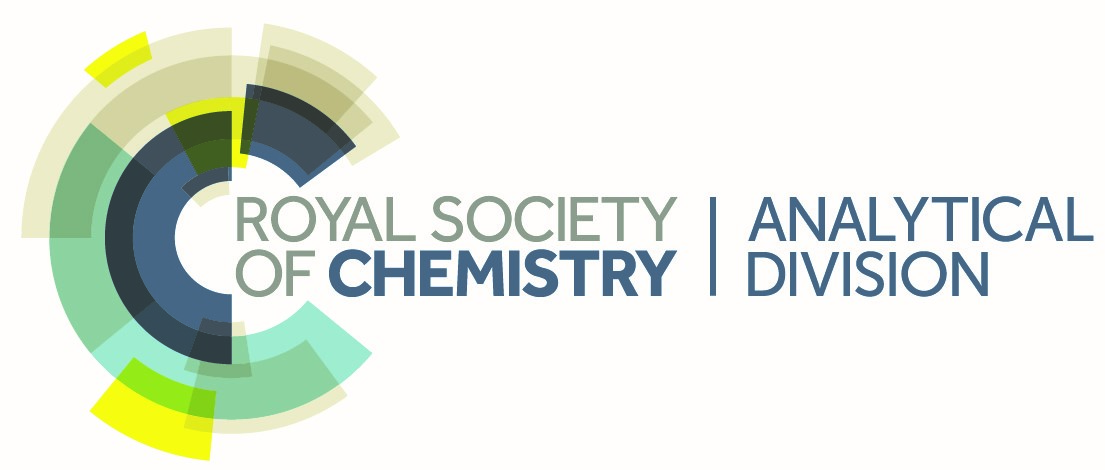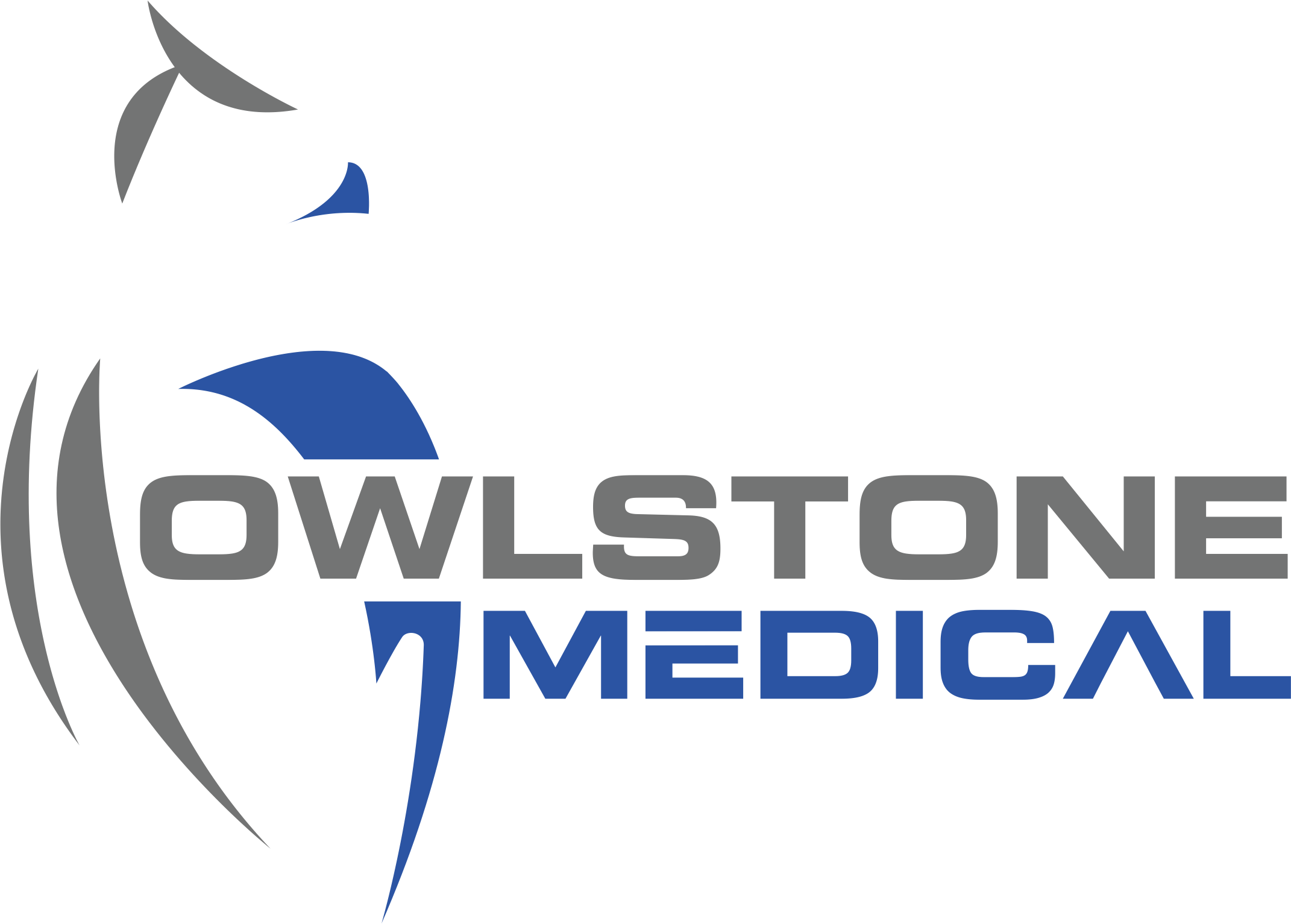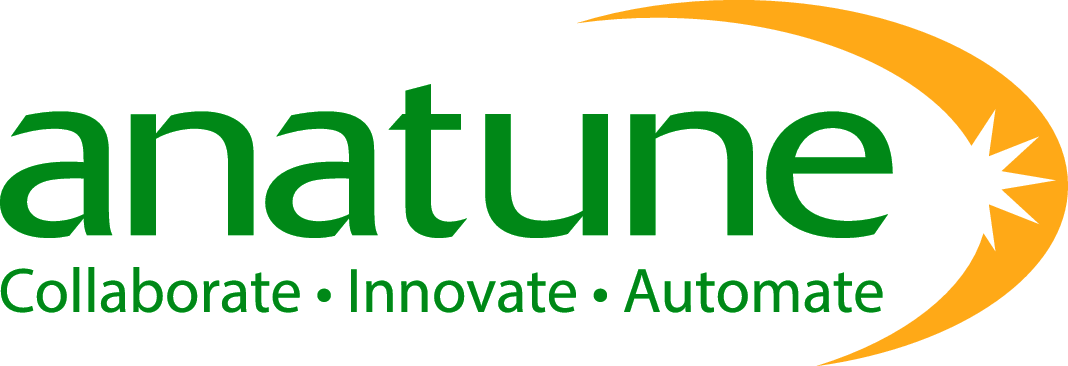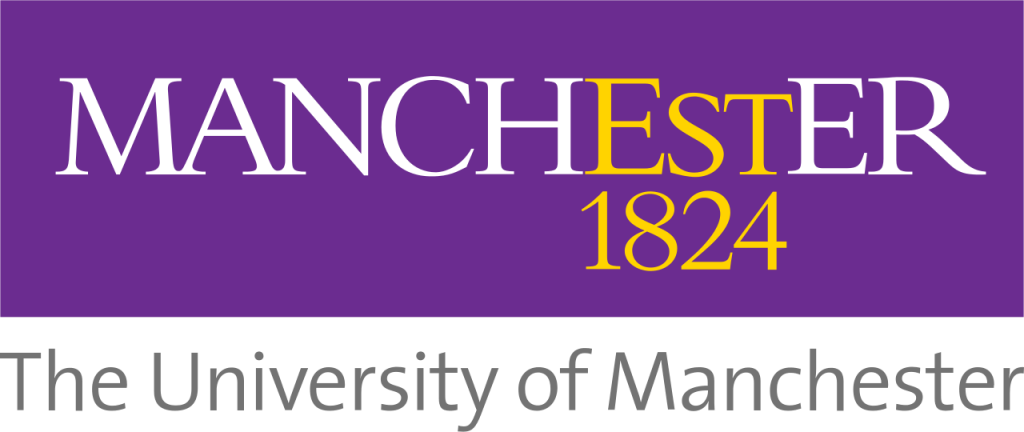RSC members and students are offered a reduced registration rate. Please email breathomics2019[at]gmail.com to obtain a password for registration.
If you would like to submit an abstract for a poster or presentation, please complete the abstract submission form through the Event Information link (or alternatively, copy and paste the address into your browser wp.me/P8MnMs-86 )
The meeting will also include stalls from our industry sponsors and an early career researcher session. Lunch and refreshments will be provided.
We look forward to welcoming you to Manchester on 1st March.
The following speakers have been confirmed:
Stephen Fowler, University of Manchester
Future Clinical Applications of Breath Analysis
Steve is an Honorary Consultant in Respiratory Medicine at Wythenshawe Hospital and a Senior Clinical Lecturer in the Respiratory Research Group at the University of Manchester. Along with clinical expertise in airways diseases, he leads a research theme investigating the clinical utility of metabolomic profiling of volatile organic compounds in the exhaled breath of patients with respiratory disease.
Simona Cristescu, Radboud University
Breath-taking research with laser-based spectroscopy
Simona leads the Exhaled Biomarkers group at Department of Molecular and Laser Physics at Radboud University, Nijmegen, the Netherlands. Her research includes development and implementation of state-of-the-art laser spectroscopic methods for real-time detection and identification of trace gasses, relevant for (bio)medical sciences, alongside several complementing mass spectrometry-based techniques (PTR-MS, GC-MS and GC-IMS).
Paul Thomas, Loughborough University
TBC
Paul is Professor of Analytical Science at Loughborough University and with expertise in developing and standardising VOC sampling and detection systems towards a wide-range of applications including disease detection, environmental pollutants, and chemical warfare.
Norman Ratcliffe, UWE Bristol
What are the origins of breath volatiles from healthy and diseased humans - recent considerations
Norman has specialised in the gas/volatile analysis area for over 20 years particularly for the agri-food and medical industry involving the world’s first automated electronic nose system for quality control of ham and the first VOC quality control system for monitoring stored vegetable produce. Medical areas particularly include the rapid diagnosis of gastro-intestinal conditions using e-nose technology and GCMS for analysing breath, stool, saliva and urine.
Agnieszka Smolinska, Maastricht University
Use and abuse of data analysis approaches
Agnieszka has expertise in metabolomics of exhaled air in clinical applications of various disease and its relation to gut microbiome and metabolism. As an Assistant Professor at Maastricht University, Agnieszka focuses on on the early detection of rare liver disease, Primary Sclerosing Cholangitis.
Nicholas Marsden, University of Manchester
Straight out of thin air: On-line mass spectrometry in atmospheric science
Nick Marsden is a technically orientated scientist with over 18 years of experience in the development and application of mass spectrometry techniques in academia and industry. Research activities include the development and application of novel techniques to directly measure the physicochemical properties of aerosol particles in remote environments with aircraft-based platforms.
Keynote speaker: Warwick Dunn, University of Birmingham
The importance of metabolites in human health and disease: analytical chemistry, study design, data quality and translational considerations
Warwick Dunn is Professor of Analytical and Clinical Metabolomics, Director of Mass Spectrometry in the Phenome Centre Birmingham and is Director of the Birmingham Metabolomics Training Centre at the University of Birmingham in the UK. Rick has been applying metabolomics for 20 years and now applies LC and MS platforms to the study of metabolites in mammalian biological systems though targeted and untargeted metabolomics approaches to study human health and disease across the life course.


















